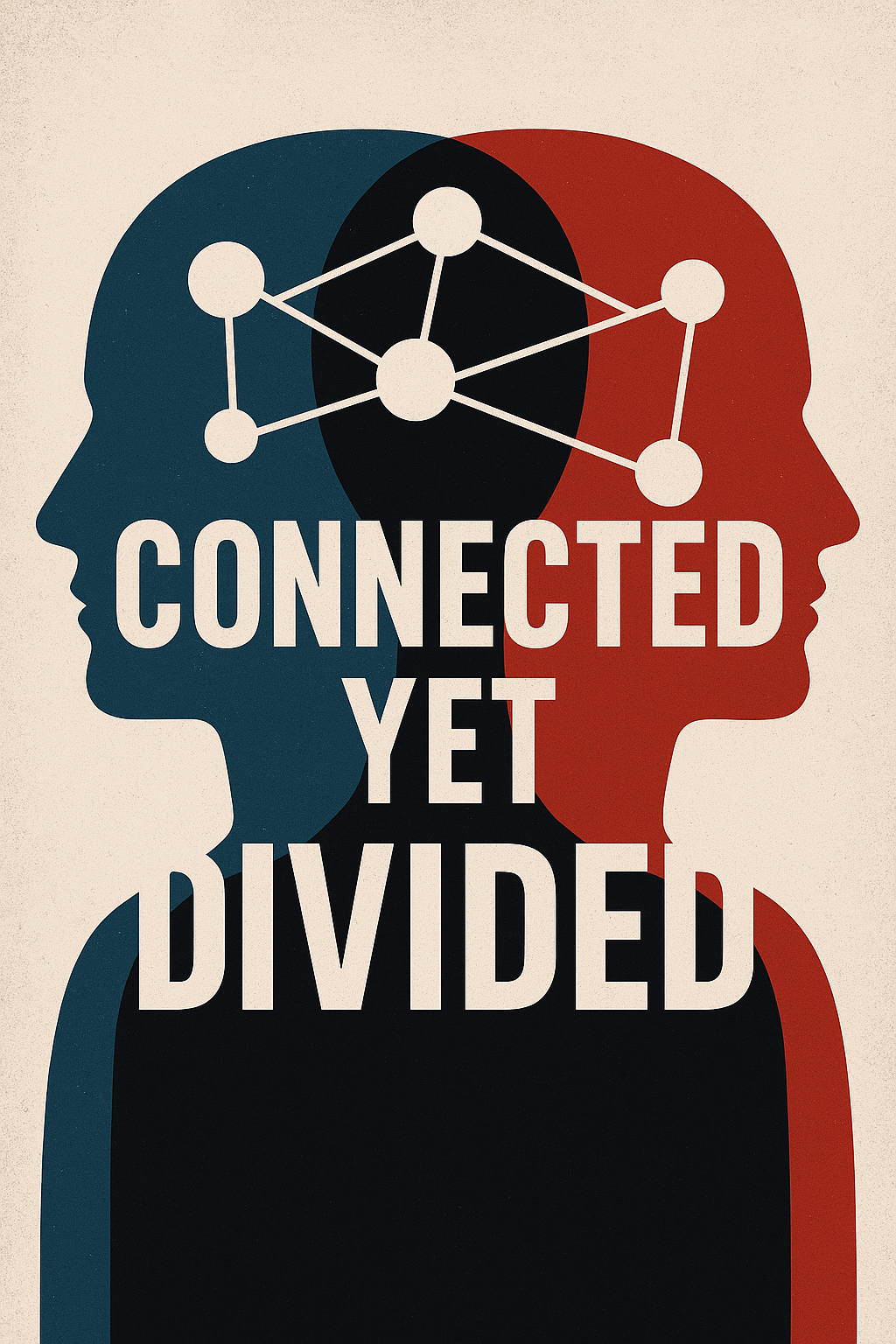Vijaya Kandwal, Staff Writer
In an era where billions connect through platforms like X, Facebook, and Instagram, social media’s role in democracy is profoundly ambivalent. It can amplify marginalized voices, foster unprecedented civic engagement, and drive social change, yet it also systematically spreads misinformation, polarizes societies, and enables manipulation that erodes democratic foundations. As of 2025, ongoing global debates highlight this stark duality, with the interplay of corporate design choices, regulatory frameworks, and individual user behaviors ultimately determining its net impact.
On the positive side, social media empowers civil society by radically democratizing information flow. It allows individuals to bypass traditional gatekeepers, sharing content that signals key issues and mobilizing small networks for collective action. For instance, platforms have been instrumental in facilitating movements from the Arab Spring to global climate strikes, gathering millions around shared causes and raising awareness with unprecedented speed. A Pew Research survey across nations found most view social media as beneficial for democracy, making it easier to inform the public and hold leaders accountable. Innovative uses, such as deploying memes to counter misinformation or developing apps for real-time civic updates, demonstrate its potential to strengthen democratic discourse and foster a more informed, engaged citizenry.
Conversely, the architecture of social media can actively undermine democracy through algorithmic biases and manipulative tactics. Personalized echo chambers reinforce political tribalism, reducing exposure to diverse viewpoints and deepening societal divisions. Misinformation proliferates rapidly, eroding trust in electoral processes and democratic institutions, a phenomenon starkly visible in “fake news” campaigns during U.S. elections. Platforms often prioritize engagement and hype over factual accuracy, creating vulnerabilities exploited by foreign actors and populist extremists. A 2025 study warns of self-interested algorithms influencing election outcomes, effectively hijacking civic engagement for profit. Pew data confirms that a significant portion of the public believes social media divides people politically, while replication studies in communication science affirm digital media’s tangible threat to democratic stability. Recent X discussions frequently reflect this tension, with users decrying both media bias and authoritarian overreach in content moderation.
This inherent tension forces a critical question: should social media be regulated? Proponents argue that the scale of societal harm—from election interference to widespread mental health issues—demands a regulatory framework. They advocate for transparency in algorithms, robust content moderation standards for clear-cut illegal material, and data privacy laws to curb exploitative surveillance. Opponents, however, warn of a slippery slope, asserting that government intervention inevitably stifles free speech and innovation. They argue that content moderation, even when well-intentioned, can be weaponized for censorship. The challenge, therefore, lies in crafting “smart” regulation that targets systemic risks without infringing upon fundamental rights, moving beyond the false choice between a lawless digital wild west and state-controlled speech.
Ultimately, social media’s effect hinges on intentional design and collective responsibility. Shifting platform incentives to prioritize user agency, transparency, and digital literacy over addictive, engagement-driven features could tip the scale toward democratic support. A multi-stakeholder approach is crucial: regulators must craft smart legislation, platforms must embrace ethical design, and users must cultivate critical consumption habits. Only through such collaboration can we harness social media’s connective power while mitigating its harms, ensuring it bolsters rather than betrays democratic ideals.
References (Further Reading)
Allcott, H., & Gentzkow, M. (2017). Social Media and Fake News in the 2016 Election. Journal of Economic Perspectives. – Provides empirical evidence on the scale and impact of misinformation during a major election.
Pariser, E. (2011). The Filter Bubble: How the New Personalized Web Is Changing What We Read and How We Think. Penguin Press. – The seminal book introducing and exploring the concept of algorithmic echo chambers.
Persily, N., & Tucker, J. A. (Eds.). (2020). Social Media and Democracy: The State of the Field, Prospects for Reform. Cambridge University Press. – A comprehensive academic collection providing evidence-based analysis of social media’s impact on democracy.
Pew Research Center. (2022, Dec. 6). “Social Media Seen as Mostly Good for Democracy Across Many Nations, But U.S. is a Major Outlier.” – The source for the survey data on global public opinion regarding social media and democracy.
The Social Dilemma. (2020). Directed by Jeff Orlowski. Exposure Labs. – A documentary featuring tech insiders explaining the attention-based business models and societal risks of social media platforms.
Tufekci, Z. (2017). Twitter and Tear Gas: The Power and Fragility of Networked Protest. Yale University Press. – An in-depth analysis of how social media empowers modern social movements, using examples like the Arab Spring.
Tucker, J. A., et al. (2017). “From Liberation to Turmoil: Social Media And Democracy.” Journal of Democracy. – Explores the ambivalent role of social media in democratic processes.
Zuboff, S. (2019). The Age of Surveillance Capitalism: The Fight for a Human Future at the New Frontier of Power. PublicAffairs. – A foundational text arguing that the core data-extraction business model of tech platforms is inherently anti-democratic.




